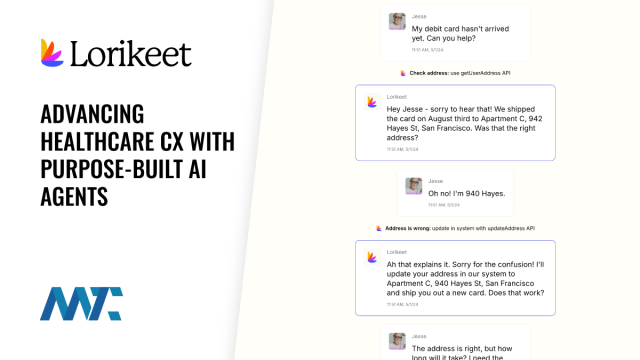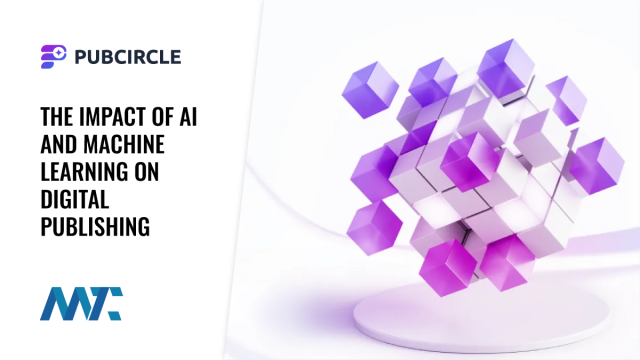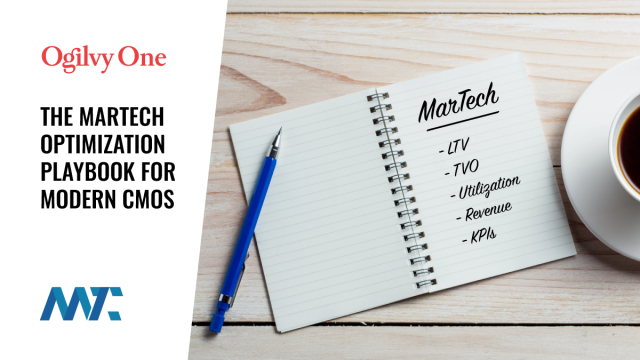
Future Trends In Software Engineering: What To Expect In The Next Decade | Martech Zone
The software engineering landscape is one of constant evolution, driven by the demands of a fast-changing world and the ever-increasing integration of technology into our lives. As we look toward the next decade, the advancements in this field promise transformative changes across industries, creating opportunities for professionals to innovate and lead. For software engineers, staying ahead of these trends isn’t just about career growth—it’s about remaining relevant in a field where the only constant is change.
Artificial Intelligence and Machine Learning
Artificial intelligence (AI) and machine learning (ML) have reshaped software development, and their impact will only deepen in the coming decade. These technologies will expand far beyond their current applications, transforming not only how software is built but also what it can achieve.
- AI-Augmented Development: Tools like GitHub Copilot and OpenAI’s Codex are already automating code generation and debugging. In the future, these tools will become smarter and more intuitive, reducing the time required for repetitive tasks and enabling developers to focus on creative problem-solving.
- Machine Learning Integration: Software across industries will increasingly leverage ML for personalized user experiences, predictive analytics, and real-time decision-making. From healthcare to finance, ML models will drive new efficiencies and capabilities.
- Smarter Testing: AI will enhance software testing by predicting potential vulnerabilities and optimizing test scenarios, significantly improving software reliability and reducing development cycles.
For software engineers, mastering AI and ML frameworks such as TensorFlow, PyTorch, and Keras will be invaluable for staying competitive in a job market hungry for these skills.
Quantum Computing: The Next Frontier
Quantum computing represents a paradigm shift in computing power and problem-solving. Though still in its nascent stages, its development over the next decade will open doors to breakthroughs previously deemed impossible.
- Cryptography Redefined: Current encryption methods may become obsolete with the advent of quantum algorithms, pushing the need for quantum-resistant cryptographic protocols. Engineers specializing in secure software will play a pivotal role in safeguarding sensitive data.
- Revolutionary Applications: Industries like pharmaceuticals, logistics, and climate science will benefit immensely from quantum simulations and optimizations, enabling discoveries at speeds unachievable by traditional computing.
- Emerging Skill Sets: Quantum programming languages like Qiskit, Cirq, and D-Wave’s Ocean will become standard tools for engineers in this field.
While quantum computing may take time to reach its full potential, early adoption and expertise in this area will position engineers at the forefront of innovation.
The Proliferation of Low-Code and No-Code Platforms
Low-code and no-code platforms democratize software development, allowing businesses and individuals without deep programming knowledge to build functional applications.
- Empowering Businesses: These platforms accelerate development cycles, enabling businesses to rapidly prototype and deploy applications without relying on traditional engineering teams.
- The Engineer’s Role: While these platforms simplify development, engineers will remain essential for complex customizations, integrations, and ensuring scalability.
- Augmented Workflows: Developers will increasingly use low-code tools to supplement traditional coding, focusing their expertise on advanced functionalities rather than foundational elements.
These platforms won’t replace traditional software engineering but will enhance its capabilities, making it imperative for engineers to adapt and embrace these tools.
The Growth of Edge Computing
As IoT devices proliferate and demand for real-time data processing grows, edge computing will become a cornerstone of software engineering. By processing data closer to its source, edge computing reduces latency and enhances efficiency.
- Real-Time Applications: Applications like autonomous vehicles, smart manufacturing, and telemedicine require instant data processing, which edge computing enables.
- Enhanced Security: Local data processing reduces the risks associated with transferring sensitive information to centralized cloud servers.
- Distributed Systems: Engineers will need to design architectures that seamlessly integrate edge computing with centralized cloud systems, balancing performance with scalability.
Proficiency in edge computing frameworks and IoT platforms will become increasingly valuable as this trend accelerates.
Prioritizing Cybersecurity
As technology becomes more integral to every aspect of life, cybersecurity will remain a top concern. With the rise in cyberattacks and data breaches, secure software development practices will be a non-negotiable part of the software engineering process.
- Integrated Security: Security will be embedded at every stage of the software development lifecycle (SDLC), shifting from reactive measures to proactive strategies.
- Zero Trust Architectures: Zero trust security models, which assume no user or device can be trusted by default, will guide the design of secure applications.
- AI in Cybersecurity: Machine learning algorithms will identify threats in real time, enhancing the speed and effectiveness of threat mitigation.
Engineers with expertise in secure coding, ethical hacking, and compliance standards will be in high demand, making cybersecurity knowledge a must-have skill for the future.
Sustainability in Software Engineering
The tech industry is increasingly prioritizing sustainability, and software engineers will play a critical role in reducing the environmental impact of technology.
- Energy-Efficient Code: Writing efficient algorithms that consume less power will become a key focus in software design.
- Green Cloud Solutions: Engineers will work on optimizing cloud services to reduce their carbon footprints, balancing computational needs with environmental responsibility.
- Ethical AI: Transparency, fairness, and accountability in algorithm design will ensure that AI applications align with ethical and sustainable practices.
Sustainable software development will align with broader corporate and societal goals, giving engineers a chance to contribute meaningfully to global challenges.
Remote Work and Global Teams
The pandemic accelerated the transition to remote work, making it a permanent feature of many organizations. This shift has redefined collaboration in software engineering.
- Global Collaboration: Engineers will work with distributed teams across time zones, requiring proficiency in asynchronous communication and collaborative tools.
- Cloud-Based Development: Platforms like GitHub, GitLab, and Atlassian will remain central to enabling seamless remote development workflows.
- Flexibility and Accessibility: The ability to work remotely has made software engineering one of the most attractive career paths, offering work-life balance without sacrificing growth.
If you’re seeking flexibility, exploring remote software jobs can open doors to a career that combines professional success with personal freedom.
DevOps and Automation
DevOps practices will continue to transform software engineering by emphasizing collaboration between development and operations teams and streamlining workflows through automation.
- Infrastructure as Code (IaC): Engineers will use tools like Terraform and Ansible to manage infrastructure through code, making deployments faster and more reliable.
- Automated CI/CD Pipelines: Continuous integration and deployment will reduce the time to market while maintaining high-quality standards.
- Site Reliability Engineering (SRE): The role of SREs will expand, focusing on maintaining system performance and minimizing downtime.
Engineers familiar with DevOps tools and principles will remain integral to driving efficiency and innovation in software development.
Personalization and Adaptive Interfaces
Software applications of the future will focus on delivering hyper-personalized user experiences.
- Data-Driven Design: Engineers will analyze user behavior and preferences to create applications tailored to individual needs.
- Adaptive User Interfaces: AI-driven interfaces will dynamically adjust to provide optimal user experiences across devices and contexts.
- Seamless Integration: Cross-platform compatibility will become a priority, requiring engineers to design cohesive ecosystems that work effortlessly across devices.
Personalization will be critical in maintaining user engagement and satisfaction, making it an essential focus for software development.
Conclusion
The future of software engineering promises to be as exciting as it is challenging, with trends like AI, quantum computing, and edge computing shaping the way we build and interact with technology. For professionals eager to thrive in this dynamic environment, staying informed and continuously upgrading your skills is non-negotiable. By embracing these trends, software engineers can not only remain relevant but also lead the charge in defining the future of technology.







